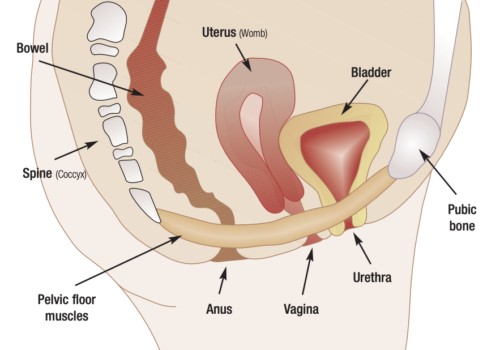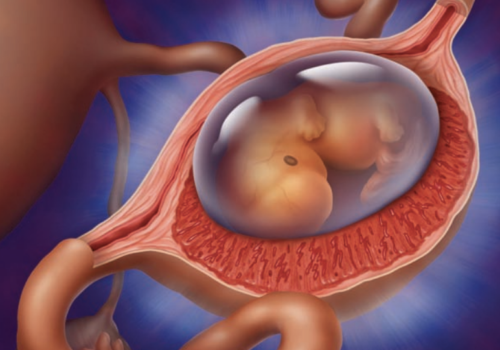Clots are life-saving in the right place at the right time, when they can stop us bleeding to death. But a clot in the wrong place can spell disaster, leading to heart attack, stroke, deep vein thrombosis or pulmonary embolism. This article explains why life-threatening clots can develop so quickly, what can be done to prevent them, and how each type of clot is treated.
Why – and when – to check urea and electrolytes
Urea and electrolytes (U&E) are the most commonly requested tests that we send to the laboratory. In fact, U&E are so routine that it is easy to take them for granted, but they are an essential aid to the diagnosis of kidney disease. It is important for practice nurses to understand why and when U&E are ordered, and how to act on the results if kidney problems are suspected.
Editorial
For over two years now, I have been worrying that my editorial will be out of date by the time you read it because the Department of Health has published its sexual health policy document. At the time of writing, the document has yet to appear (though the Department’s website still reassures us it is due to be published in 2012). So local authorities may be taking over responsibility for contraception and sexual health in a public health policy vacuum. If this is the case, it can only compound current variations in provision, especially of long-acting reversible contraception (LARC).
Guest editorial
Teenage conceptions continue to raise interest in the media, with young people often demonised about their early or allegedly frequent sexual activity. When conception rates are published, commentators waste no time in telling us how dreadful the situation is and how we compare with other Western European countries. Of course, we are not like our neighbours in Europe, as we do not have mandatory sex education for all young people, and we live in a highly sexualised society where sex is often the material for jokes.
Teach pelvic floor muscle exercises
Over the past 30 years a wealth of research has proved the benefits of pelvic floor muscle exercises (PFME) in treating both urinary incontinence and pelvic organ prolapse. However, patients in some areas may have to wait some time for an appointment with specialist continence services. So it makes sense for primary care professionals to know how to teach PFME to their patients.
Born still, but still born: Understanding stillbirth
After the second trimester, it is generally assumed that a pregnancy will end with the joy of a newborn baby. But the reality is that each year in the UK, one in every 200 – or around 4,000 – babies die in the third trimester before, or during, labour. This is one of the highest rates of stillbirth among high-income countries, and each death has profound effects on the woman, her family and health services.
Contraceptive choices for women with diabetes
Unplanned pregnancy with poor glycaemic control at conception is associated with major maternal and perinatal complications. However, contraception is used haphazardly by women with diabetes and is often not discussed by diabetes professionals. GPs and practice nurses need to be able to give appropriate advice about contraception to the increasing numbers of women of childbearing age with type 1 and type 2 diabetes.
Female genital mutilation: Time for action
Female genital mutilation (FGM) comprises all procedures involving partial or total removal of the external female genitalia or other injury to the female genital organs for nonmedical reasons. The practice has no known health benefits, is psychologically and physically harmful, and is a violation of human rights. About 70,000 women and girls living in the UK have had some form of FGM, and 20,000 young girls under the age of 15 years are thought to be at risk either in this country or abroad.
Ectopic pregnancy: The new NICE guidelines
Early detection and timely intervention have reduced maternal deaths from ectopic pregnancy, but women continue to die. New guidelines from the National Institute for Health and Clinical Excellence (NICE) aim to ensure that all health professionals are alert to the possibility of ectopic pregnancy and avoid missed opportunities for diagnosis.
Joints, hypermobility and hormones
Joint hypermobility is a common problem, particularly in women, and can cause significant morbidity to a minority of affected patients. In women, hormonal changes during menstruation, pregnancy and menopause can impact on symptoms of joint hypermobility, while manipulation of hormones can have both positive and negative effects for patients.
NHS reforms in England: are healthcare professionals ready to commission cardiovascular care?
We undertook a survey to discover whether primary care health professionals felt willing and sufficiently skilled to commission cardiovascular services, and what their support needs might be. Although clinicians were confident in their clinical and communication skills, the vast majority of respondents felt unsure of their skills and knowledge to commission cardiovascular care and believed they would need specialist advice to help them. There was a strong desire for training, a feeling of exclusion and a plea for nurses to be involved.
An unusual cause of heart failure
We describe a patient with heart failure, diagnosed from clinical history and examination, and with a raised BNP. Despite treatment, her symptoms progressed. Echocardiography, performed after a six-month delay, showed a large mass. After excision of the mass, an atrial myxoma, the patient recovered rapidly and well.

























